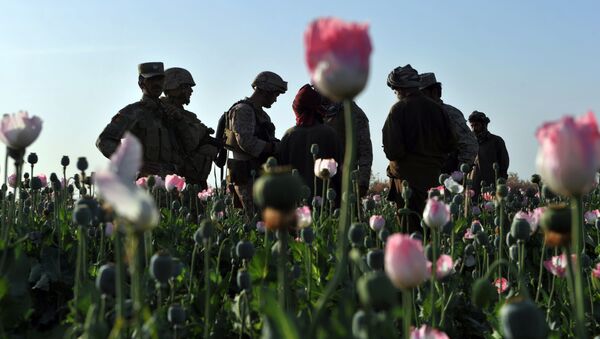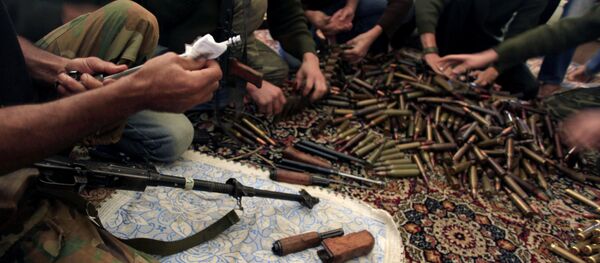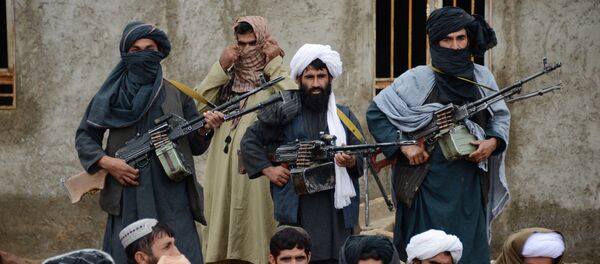Remarkably, for about 14 months the US-led anti-Daesh coalition did virtually nothing to halt the illegal oil trade, allowing terrorists to pocket millions of dollars of profit, Czech-based freelance journalist and analyst Martin Berger notes.
However, after the Russian Air Force launched an air campaign against the illicit oil smuggling, it "has put Washington in a peculiar position, forcing it to start destroying oil facilities and vehicles run by the Islamic State in Iraq in a desperate attempt to avoid the imminent PR disaster," the journalist notes in his recent article for New Eastern Outlook.
Now Daesh has found itself in an awkward position and is forced to seek new sources of funds. That is why its leaders have begun the "active expansion" to Libya and Afghanistan.
While Libya is famous for its rich hydrocarbon reserves, Afghanistan is well-known for its vast poppy fields.
"As you must know, Afghanistan occupies the position of an international leader in the production and export of opiates in the world. Last year Afghanistan sold 85% of all opium and 77% of all heroin in the world. Cultivation of opium is one of the key areas of economic activity in Afghanistan," Berger emphasizes.
"Still, it keeps getting worse, the opium poppy has increased by an additional 7% this year, reaching 224 thousand hectares. The rate of opium production has also increased in just a year by 17%," Berger highlights.
The situation is strikingly similar to that we have observed in Syria and Iraq until Russia's involvement. Just like the US-led coalition for a long time did not target Daesh oil smuggling in Syria and Iraq, the Pentagon has not disturbed opium manufacturers and smugglers in Afghanistan for more than a decade.
Furthermore, "a massive leap in the production and smuggling of opiates was observed immediately after the US invasion of Afghanistan, which has already been noted in a number of countries around the globe," Berger emphasizes.
Daesh regards the Afghani drug trade as a perfect means to replenish its funds. In this light it is predictable that the rivalry between Daesh and the Taliban would catch a second wind, the journalist remarks, adding that a group of Daesh militants has already taken control of the drug trade in the Afghan province of Badakhshan.
"There is an urgent need for the establishment of an appropriate coordinated effort of the international community to prevent the Islamic State from obtaining new sources of income in Afghanistan," Berger stresses.



